“It is He (ALLAH) Who sent down to thee (O Prophet Muhammad, on whom be peace), in Truth, The Book (Quran), confirming what went before it; and He sent down the Torah (of Moses) and the Gospel (of Jesus) before this, as a guide to mankind, and He sent down the criterion (of judgment between right and wrong)” – (Quran 3:3).
Indeed, “‘…they (Jews and Christians) were commanded to serve but One God; There is no God but He’ (Quran 9:31). After the falsification of the revelations given to Jews and Christians…God in His mercy sent down His word one final time. The Quran does not abrogate or nullify but rather corrects the versions of Scriptures preserved by the Jewish and Christian communities: ‘O People of the Scripture! Now hath Our Messenger (Prophet Muhammad, on whom be peace) come unto you to make things plain unto you after an interval (of cessation) of the Messengers, lest ye should say: There came not unto us a Messenger of glad tidings nor any warner. Now hath a Messenger of glad tidings and a warner come unto you. ALLAH is Able to do all things’ (Quran 5:19)” – (John L Esposito. Islam: The Straight Path, Oxford University Press, New York, 1998, p.18).
“Muhammad (Peace Be Upon Him)”, affirms Jacob Neusner “began to receive a series of Revelations from God through the Angel Gabriel. Like the Biblical Prophets, Muhammad (Peace Be Upon Him) spent many years communicating the message he received from God, calling people to repent their sinful ways and to return to the worship of the One True God…Muhammad (Peace Be Upon Him) served as a moral conscience for his community, warning that God would judge people for their pagan practices and social injustices. Like the Biblical Prophets, he was rejected by many who saw him as a threat to their beliefs and lives of privilege. He was a Reformer who seemed like a revolutionary to them. Muhammad (Peace Be Upon Him) was both a religious leader, a Prophet and a Statesman. His charismatic authority was so strong and overpowering that much of Muslim practises came to be identified with him. No matter what country they live in, all Muslims share certain basic beliefs and practices. These are called the five pillars of Islam. The first and foremost pillar is the profession of faith, which is called the Shahada. Muslims proclaim: “There is no God but God and Muhammad is the Prophet of God.” This statement expresses the essence of Muslim faith: faith in the One True God and recognition that Muhammad (Peace Be Upon Him) is the last in the long line of Prophets, all sent to communicate God’s message to the world” – (World Religions in America, Westminster John Knox Press, Kentucky, 2003, pp.174-6).
Prophet Muhammad (on whom be peace) is not the founder of the new religion of Islam but he comes to accomplish and perfect it. Like the Biblical Prophets who came before him, he was a religious reformer but the last Prophet, who calls all humanity to serve none but One True God, ALLAH, the Creator, the Maker, the Fashioner; His are the Most Excellent Names;

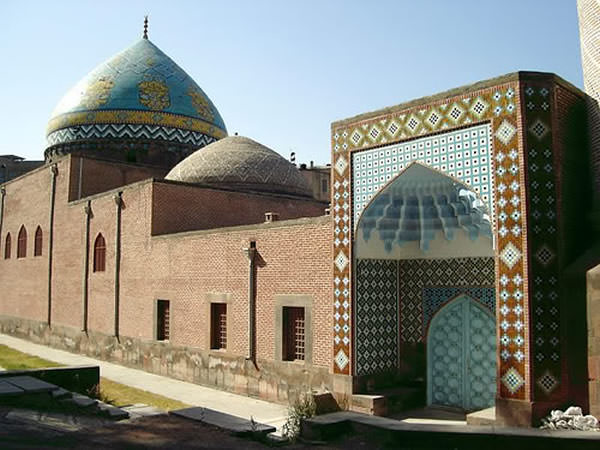
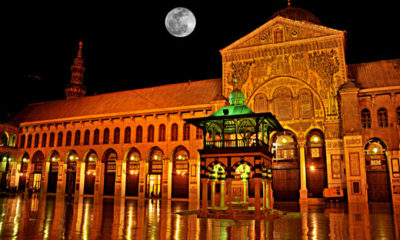
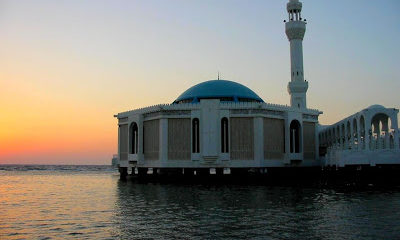
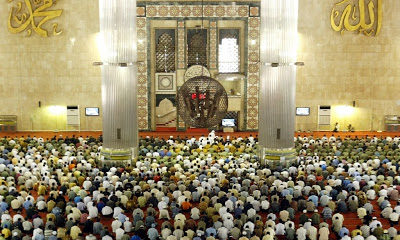
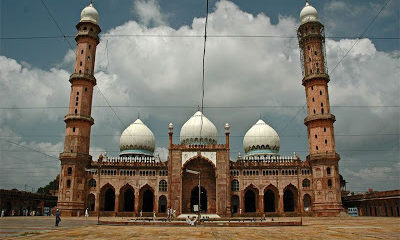
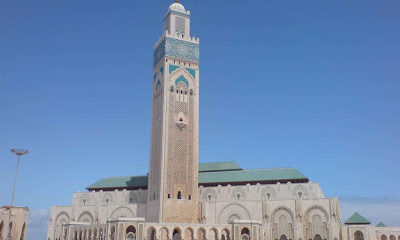
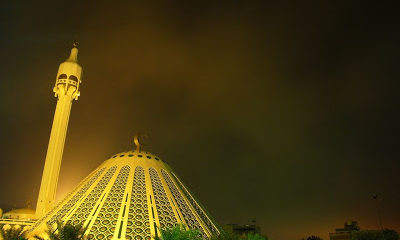


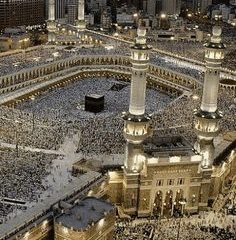
RSS